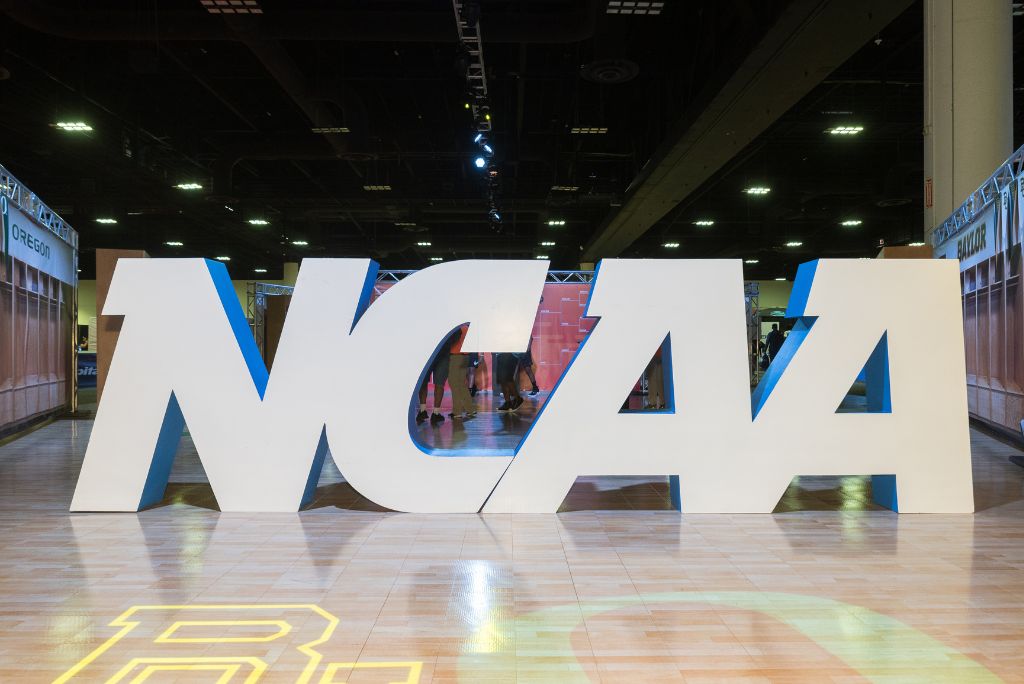The recent Senate Judiciary Committee hearing has brought the NCAA’s policy on transgender athletes in women’s sports to the forefront of public discourse, inciting significant backlash against NCAA President Charlie Baker. The heart of the controversy revolves around Baker’s suggestions that female athletes who feel uncomfortable sharing locker rooms with transgender individuals should seek alternate facilities. This perspective has been criticized for placing the onus of safety on the athletes rather than addressing the issue head-on. During the hearing, Senator Josh Hawley’s probing question highlighted the lack of a federal mandate requiring the NCAA to include biological men in women’s competitions, underscoring the tension between legal interpretation and organizational policy.
Baker faced substantial scrutiny from Senators Hawley and John Kennedy during the hearing, who questioned the rationale behind the NCAA’s guidelines that allow transgender individuals to utilize facilities corresponding to their gender identity. Although Baker maintained that local institutions should have the authority to make accommodations, he initially hesitated to acknowledge the competitive advantages that biological males possess in women’s sports. This reluctance prompted further criticism, with Kennedy urging Baker to adopt a more decisive stance in favor of supporting female athletes, leading to acerbic comments highlighting Baker’s perceived lack of courage in the matter.
The reaction to the NCAA’s approach has been swift and fierce, especially from former athletes like Riley Gaines, who have taken legal action against the organization. Gaines, who had a personal encounter with transgender swimmer Lia Thomas, voiced her trauma stemming from the experience and underscored the broader implications of policies that overlook women’s rights to privacy and safety in sports settings. In light of these circumstances, Gaines and others argue that the NCAA’s policy undermines the fundamental principles of equality and fairness in athletic competition, particularly for biological women vying to compete on a level playing field.
From a legal perspective, Baker pointed to supporting judicial decisions for the inclusion of transgender athletes. However, many critics contend that these rulings do not impose a direct obligation on the NCAA. Recent court decisions at the high school level, such as in Arizona, have added to the confusion regarding the legality of transgender participation in women’s athletics. Furthermore, ongoing lawsuits against the NCAA reflect a growing movement to protect women’s sports from policies perceived as discriminatory towards biological women. These cases could catalyze meaningful change in how such policies are structured and reviewed in the future.
Organizations such as Concerned Women for America have rebuked Baker’s handling of the situation, asserting that the NCAA’s current trajectory displays an alarming disregard for the safety and dignity of female athletes. Activists contend that a powerful moment has emerged where the voices of female athletes are demanding recognition and respect within a sports framework that they feel is being compromised by radical ideologies. With prominent figures like Riley Gaines rallying support, the conversations surrounding the NCAA’s policies have evolved into a broader debate about gender identity and its implications for competitive equity in sports.
The broader inquiry remains concerning the future of women’s sports and the extent to which governing bodies like the NCAA will listen to the voices of the athletes they claim to represent. As public pressure mounts and legal challenges loom, the dynamics surrounding transgender participation in collegiate athletics and the rights of female athletes are likely to intensify. The ongoing debate will likely shape policies and perceptions related to gender in sports, raising fundamental questions about fairness, safety, and equal opportunity, all of which remain at the core of this contentious issue.

